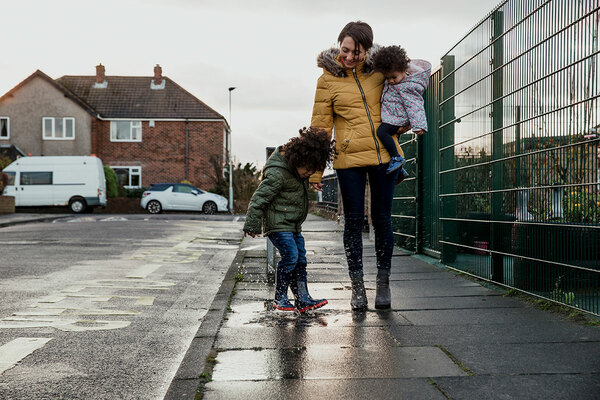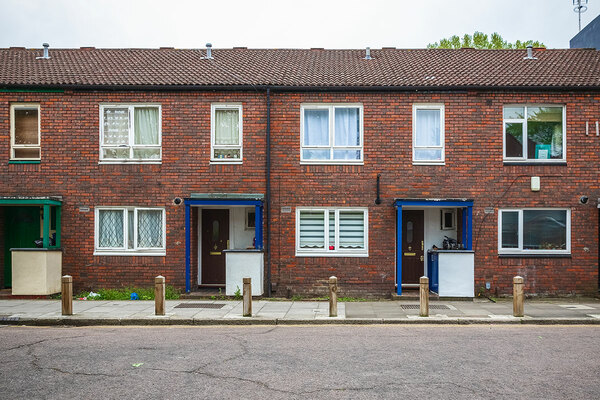You are viewing 1 of your 1 free articles
Government social mobility advisor calls for three million new social homes over next 20 years
The body which advises ministers on social mobility policy has recommended that three million social homes be built in England over the next 20 years to improve life chances for the country’s poorest.
The State of the Nation report published by the Social Mobility Commission today said every critical measure of low social mobility, including access to stable housing, was poor in the UK in 2019, while the COVID-19 crisis threatens to make the situation worse.
On the topic of housing, it recommends that three million social homes be built over the next 20 years, which would mean building an average of 150,000 social homes per year.
The government currently plans to fund just 32,000 social homes over the next five years as part of its Affordable Homes Programme.
The commission also recommends that the government end Section 21 ‘no fault’ evictions as part of its upcoming Renters’ Reform Bill.
Ministers previously said they intend to abolish Section 21 and have promised to release a white paper on reforms to the private rented sector this autumn.
The report said: “High housing costs have led to the private rental market doubling in size in the last 20 years.
“This puts a strain on households’ finances, creates inequality, and impacts children’s education.
“Our recent work has shown how poorer children regularly moving schools contributes significantly to the educational attainment gap.
“Today, over 1.1 million people are on the social housing waiting list. To address this, the UK Government must build more social homes and create stability for private renters.”
The report also recommends that the government end the two-child limit for Universal Credit, so larger families are not penalised.
Universal Credit child payments and Child Benefit should be raised by at least £10 per week per child, it said.
The Social Mobility Commission is an independent statutory body which monitors progress in social mobility across all the UK nations, but only advises on policy in England.
It found 30% of children in England live in poverty, which is a much higher rate than in Scotland or Northern Ireland, but similar to Wales.
Sandra Wallace, interim co-chair of the commission, said: “Now is the time to take action and we must not shy away from difficult decisions.
“Now is the moment to level up opportunities for children across the country. Ending child poverty and investing significantly in education are two of the most impactful and influential things the UK government can do to improve social mobility.”
Steven Cooper, interim co-chair of the commission, added: “A [post-COVID economic] recovery programme presents a chance to put social mobility at the top of the agenda, but it will have to be a group effort. It will require commitment from government, employers, educators and local leaders to ensure young people have greater access to opportunities from school to employment.”
A Ministry of Housing, Communities and Local Government spokesperson said: “The government is committed to increasing the supply of affordable housing and are investing over £12bn in affordable housing over 5 years, the largest investment in affordable housing in a decade.
“We delivered more than 243,000 homes in total last year – the highest number in over 30 years. In 2019-20, councils built more affordable homes in one year than the number recorded in the entire period between 1997 and 2010.”
Sign up for our daily newsletter
Already have an account? Click here to manage your newsletters













